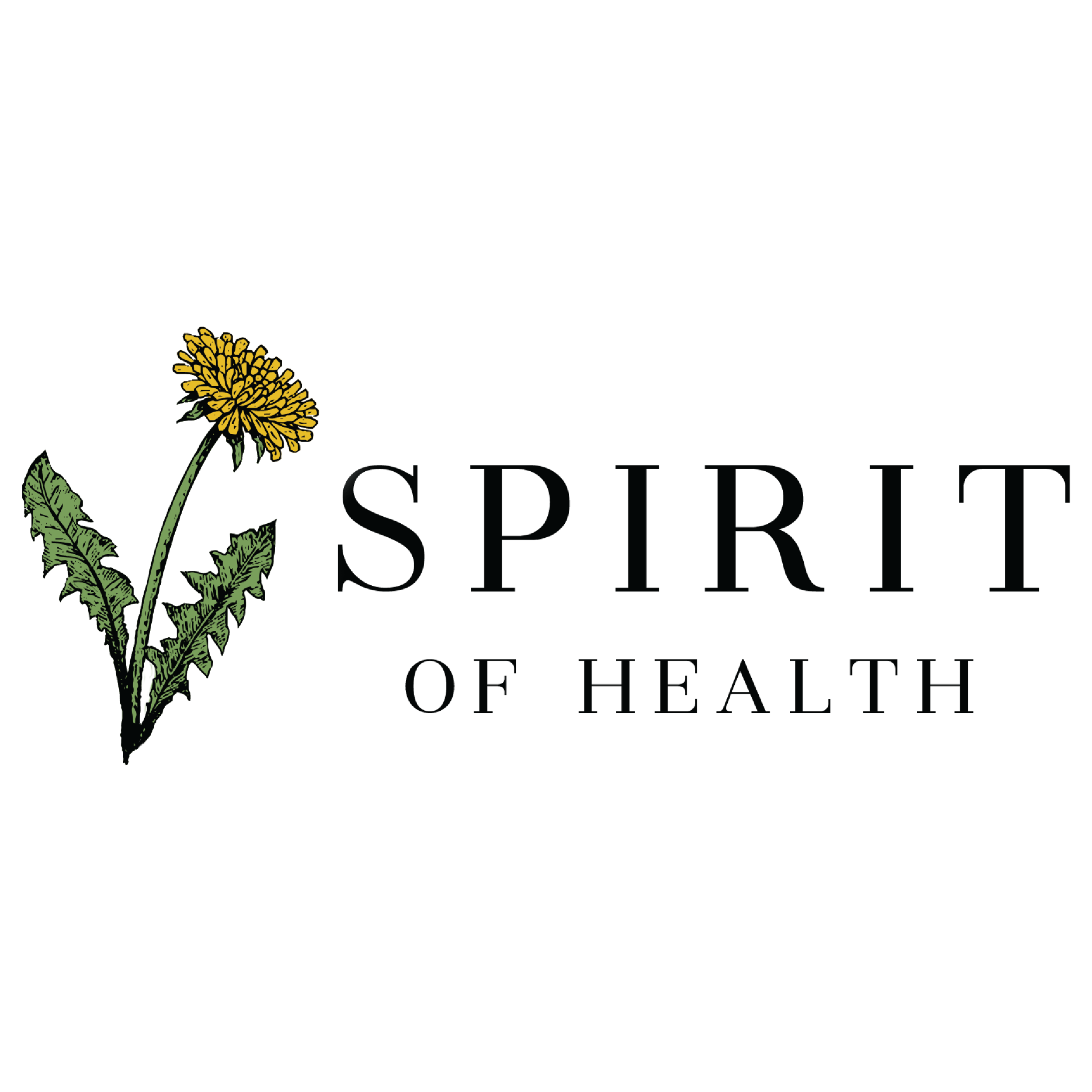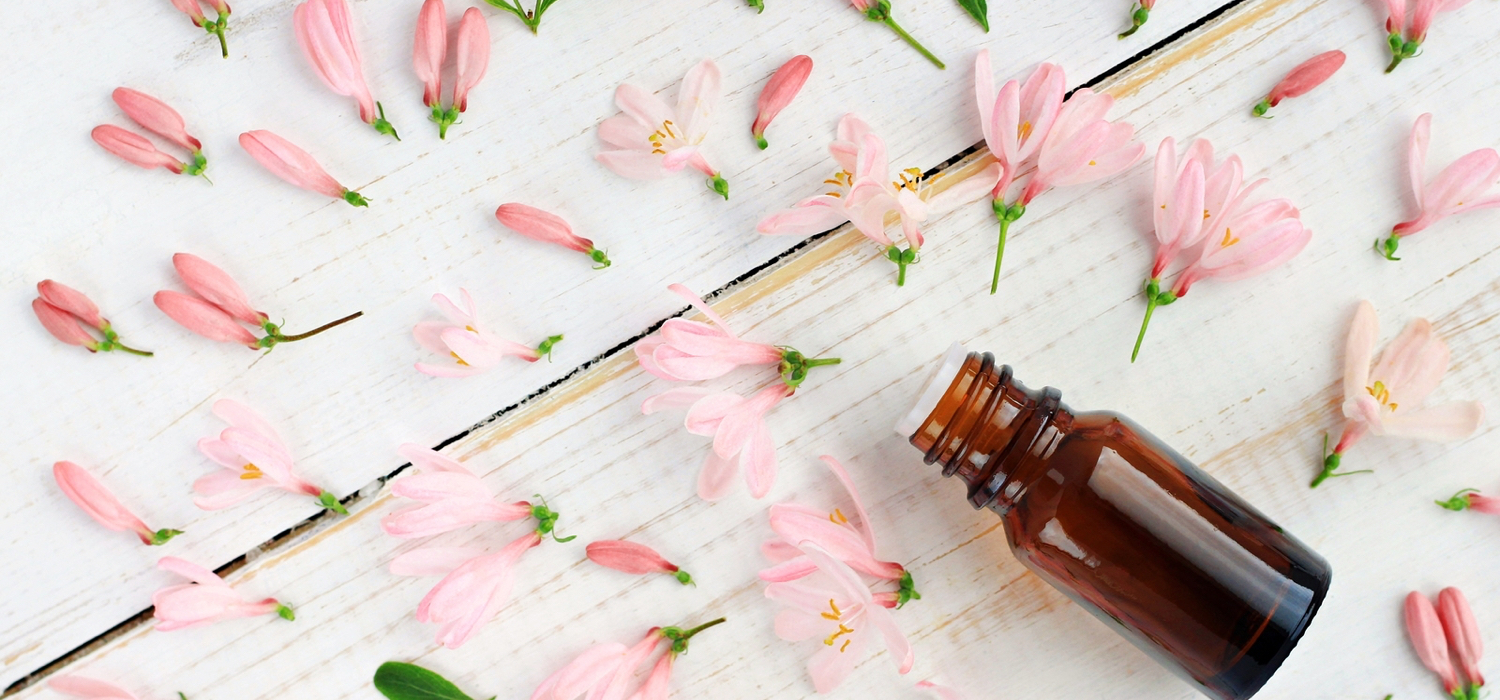How to Take Herbs During Pregnancy
And God said, 'See, I have given you every herb that yields seed which is on the face of all the earth, and every tree whose fruit yields seed; to you, it shall be for food.' Genesis 1:29
God’s original design was for us to receive sustenance and nourishment from the plants He created. Unfortunately, today, herbalism has become a lost art in the modern world. We live in a world filled with drugstores, pharmaceuticals, and man-made creations and interventions, and it is time we get back to our roots. Our roots come from God. We have rejected His ways, and we have abandoned His creation. God still desires and longs for us to connect with His original intention for our bodies.
After years of disappointment, people are beginning to realize that we have gone astray in the area of nutrition and medicine. Sadly, one of those most affected by the shift towards modern medicine is the pregnant woman. One powerful way to get back to honoring God's creation, honoring our bodies, honoring pregnancy, and honoring life is through herbalism. God is still available in today's modern world. We only have to look beyond the cultural norms and look to our Creator.
Fear of the Unknown
One of the biggest hindrances for expecting women to try natural alternatives is fear. We fear plants and herbs because we don't understand them, and we have not been educated. Yet, we trust man and his chemical potions and poisons, which many were inspired and based on the molecular structure of natural plants! We are deceived by the smooth talk of modern medicine and our culture looking for convenience and a quick fix. Let's fight to bring God back into the picture; herbs are an exceptional way to do just that! Remember, they were created for us because He loves us!
Classification of herbs
Think of herbs as food and medicine. Using this basic understanding, I am going to briefly go over some basic categories of herbs related to pregnancy to make it as simple as possible. The categories are:
Nutritive herbs - Herbs that are food. They are safe to take and consume at any time. Think of them as food on your table, except much more nutrient-rich and beneficial.
Adaptogenic herbs - These herbs are used in Chinese medicine and other parts of the world to help with general hormone balancing and strengthening the body to “adapt” to anything that could place burden or stress on the body. As a definition:
The herb should cause no harm, have no side effects, and not put additional stress on the body.
The herb helps the body to adapt to various stressors including environmental and psychological.
The herb must support multiple body systems (some support all) and help those systems to balance in times of need. For example, if blood sugar is high, the herb will lower blood sugar levels. If blood sugar is low, the herb will raise blood sugar levels.
Tonic herbs for pregnancy - Herbs that can, and should, be taken regularly during pregnancy to promote a healthy pregnancy, labor, and delivery.
Safe medicinal herbs to use for pregnancy - Herbs that are natural alternatives to many over-the-counter medications; safe to take short-term for addressing a specific concern that may arise during pregnancy.
Herbs to avoid during pregnancy - Herbs that are best avoided because of their intense action on the body to create a powerful healing response or unwanted effect on the body during pregnancy.
Nutritive Herbs
These herbs are fundamentally food. They should be a part of every woman’s healthy pregnancy because many of us struggle to eat nutrient-dense, quality food. These herbs are from nature and usually not mass produced on large farms. They provide vitamins, minerals, healthy fats, and proteins to ensure a healthy pregnancy.
Greens - Greens provide lots of nutrition while strengthening and healing the blood, which is perfect for anemia. Greens are strongly encouraged during pregnancy for many reasons. You can buy a nutrient-rich green by itself or a blend of greens. These herbs include Chlorella, Spirulina, Alfalfa, Wheatgrass, and Barley Grass.
Products include Spirulina by Nutrex ,Chlorella by Spirit of Health, Wheatgrass Juice Powder by Spirit of Health, Alfalfa Tablets by Pines, Aloe Life Daily Greens by Aloe Life, and Green Vibrance by Vibrant Health.
Berries - Berries are food, but they are considered herbs. Loaded with nutrients and antioxidants. These herbs include Elderberry, Goji Berry, Hawthorn Berries, Camu Camu, Amla, and Rose Hips.
Adaptogenic Herbs
Adaptogenic herbs have a history of being used for over 5,000 years and a proven track record of safety. Adaptogenic herbs help with hormones, calming, relaxing, and strengthening multiple body systems simultaneously. A huge benefit of these herbs is reducing stress, anxiety, and fear. Women should be at peace during pregnancy, and these herbs can help. These herbs include Ashwagandha, Astragalus, Holy Basil, Rhodiola, Ginseng, Schisandra, Deer Antler, Reishi, and other medicinal mushrooms.
Adrenal support - Great Adaptor by Jing Herbs is a nice blend of tonic herbs.
Stress, anxiety - Holy Basil by Cedar Bear, Ashwagandha capsules or powder, Astragalus capsules or powder.
Overall health and tonifying for the entire body - Schizandra Pure by Shen Blossom, Deer Antler by Jing Herbs, and Healing Mushrooms by Cedar Bear.
Tonic Herbs for Pregnancy
These herbs have been used safely for thousands of years by midwives. Tonic herbs are an ABSOLUTE MUST if pregnant, using these herbs to balance hormones, strengthen the body, prepare the uterus and cervix, prevent miscarriages, and ensure better health for mother and child. These herbs include Red Raspberry, Stinging Nettle, Red Clover, Alfalfa, Oatstraw, Dandelion, and Kelp.
Products include Balance by Herbally Grounded (our personal favorite, Jen has taken this for all three of her pregnancies).
Red Raspberry or Nettle teas by Spirit of Health.
Safe Medicinal Herbs for Pregnancy
Although this list could be in the thousands of herbs, we want to give you a few ideas. These are herbs to take for a particular purpose and are safe short-term. For example, echinacea is great for colds and flus for pregnant women. It isn't a tonic herb, rather, more a medicinal herb. You wouldn't take it every day, but it's a life-saver when you need it. These herbs include Echinacea, White Oak Bark, Milk Thistle, Ginger, Ginkgo Biloba, Cinnamon, Garlic, Yellow Dock, and yes, thousands more. Here are some herbal products that can help for specific purposes during pregnancy:
Liver concerns (cholestasis, morning sickness, nausea) - Milk Thistle by Cedar Bear, Liver Detox I Tea by Spirit of Health (designed for pregnant women having liver concerns).
Varicose veins, spider veins, hemorrhoids, or other circulation problems - Dr. Morse Bone & Connective Tissue Support.
Colds and Flus - Cold Seasons by WishGarden, any Echinacea Product.
Digestion - GI Restore Tea by Spirit of Health, any herbal blend of Cinnamon, Cardamom, Turmeric, Ginger, Cumin, Fenugreek, etc.
Anemia and blood weakness - MegaFood Baby & Me 2 Prenatal, Herbal Iron by Buried Treasure.
Headache - Frankincense, lavender, peppermint, and wintergreen essential oils.
Morning Sickness/Nausea - Bergamot, fennel, ginger, lemon, and peppermint essential oils.
Preeclampsia - Cinnamon, frankincense, and roman chamomile essential oils.
Sleep - Frankincense, lavender, and roman chamomile essential oils.
Swelling - Ginger, cypress, and lavender essential oils.
In general, explore the WishGarden line of herbs. WishGarden was originally a midwifery company; subsequently, they have a lot of safe herbal blends for conditions during pregnancy, such as anemia, allergies, digestion, milk supply, stress, immune system, and varicose veins.
Herbs to Avoid During Pregnancy
These herbs are best avoided during pregnancy due to their intense action on the body, potentially creating a powerful healing response or unwanted effect on the body during pregnancy. This list is not exhaustive. We recommend you consult a herbalist as well as your midwife or physician when using herbs to support a pregnancy.
Autumn Crocus, Barberry, Black Cohosh, Bloodroot, Buckthorn, Butternut, Cascara Sagrada, Celadine, Chinese Rhubarb, Condurango, Cotton, Ephedra, False Unicorn Root, Fenugreek, Feverfew, Gentian, Goldenseal, Horehound, Juniper, Lily of the Valley, Lobelia, Male Fern, Mayapple, Mistletoe, Mugwort, Nutmeg (in copious amounts), Oregon Grape Root, Pennyroyal, Periwinkle, Poke, Queen's Delight, Quinine, Rue, Scotch Broom, Senna, Shatavari Root, Tansy, Thuja, and Wormwood.
This blog is a very brief introduction to herbalism related to pregnancy. Our heart is that we would choose God and God's medicine for our health, nutrition, and medicine, especially during the pregnant years. The processed foods and man-made pharmaceuticals have caused, and continue to cause, great harm to our world and our innocent children. We encourage you to explore further how herbs can safely support your pregnancy. Here are some amazing books to get you started:
Learn more on our Pregnancy & Childbirth resource page and sign-up for our Pregnancy email list.

